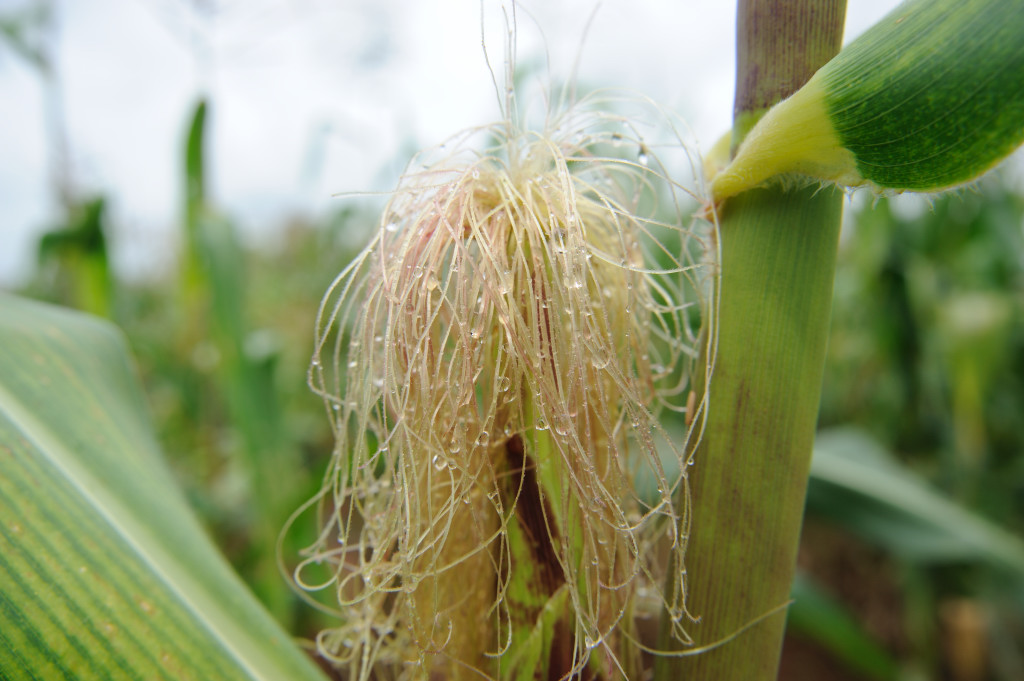"The issue [of crop and food assessments] is a national security matter that should be treated with the utmost caution and exclusivity, hence our decision as government to exclude outsiders from the surveys. UN agencies in particular are not welcome because they send out negative information about the country. We don’t want to have politics in food issues," agriculture minister Joseph Made, a member of President Robert Mugabe's ZANU-PF party, told IRIN.
The UN Food and Agriculture Organization (FAO) and World Food Programme (WFP), with the government and other agencies, have in the past compiled crop and food assessments to determine national food availability, forecast any possible shortages and initiate plans to cover shortfalls.
"The first crop assessment has already been carried out but we are withholding the findings because they have to be presented to cabinet first. However, we are knee-deep in the districts and provinces doing the second round of assessments and we don’t want to do a half-baked job," Made said.
He said areas had been identified that were critically short of maize, the staple, and "we are already moving grain to those places, to ensure no one starves".
David Mfote, from the FAO Zimbabwe country office, told IRIN by email: "Unfortunately, we are not in a position to give you answers [to questions relating to the crop and livestock assessments], mainly because as for this year, government carried out the first crop assessment on its own. The same is also applying for the second crop assessment. As a result, we have not been able to travel to the countryside to assess the crop situation."
Dry spell
The 2010-2011 main agricultural season began well, with normal to above-normal rainfall in many parts of the country, but a four-week dry spell in February is thought to have adversely affected crop production and according to a food security analyst, who declined to be named, there have been "high rates of crop failures".
Analysts told IRIN that the exclusion of UN agencies and other parties was designed to manipulate food access when there is speculation about elections. Both President Robert Mugabe and Prime Minister Morgan Tsvangirai of the Movement for Democratic Change have expressed increasing dissatisfaction with the more than two-year-old unity government.
Eric Bloch, a Bulawayo economist and member of the Reserve Bank economic advisory board, told IRIN: "Government has in the past exaggerated projected crop yields and the same could happen this year. This has the unfortunate effect of jeopardizing financial planning in the event that there is a food crisis this year, as is highly likely.
"Once the wrong forecasts are made, the government will be forced to make quick and hasty decisions to deal with a humanitarian disaster; the economy is performing poorly and financial resources are limited, and it will be difficult to mobilize the money to import maize and other necessary cereals to ensure basic food security," he said.
Bloch said the exclusion of international humanitarian organizations threatened access to international food aid because "these organizations will take it in a bad light and are likely to insist on doing interventions based on independent information instead of that from a government that might lack credibility".
'Inflated yields'
John Robertson, an economist in the capital Harare, said the decision to exclude outside agencies from the crop assessment was done to cast Mugabe's fast-track land-reform programme in a positive light.
Launched in 2000, it saw the often violent redistribution of white-owned farms to landless black Zimbabweans and plunged the country into a recession from which it has yet to recover.
"The exclusion [of the humanitarian agencies] is purely for political reasons. President Mugabe’s side of the government, to which agriculture minister Made belongs, wants to make the statement that land reform in Zimbabwe is succeeding. In this case, they are likely to inflate figures of yields and also seek to blame only the weather for poor yields," Robertson said.
He forecast that Zimbabwe might need to import one million tons of maize this year "at a cost of close to half a billion dollars".
International agencies estimate that about 1.7 million Zimbabweans require food assistance during the first quarter of 2011 or the "lean season", which ends with the April harvest.
fm/go/mw
This article was produced by IRIN News while it was part of the United Nations Office for the Coordination of Humanitarian Affairs. Please send queries on copyright or liability to the UN. For more information: https://shop.un.org/rights-permissions





